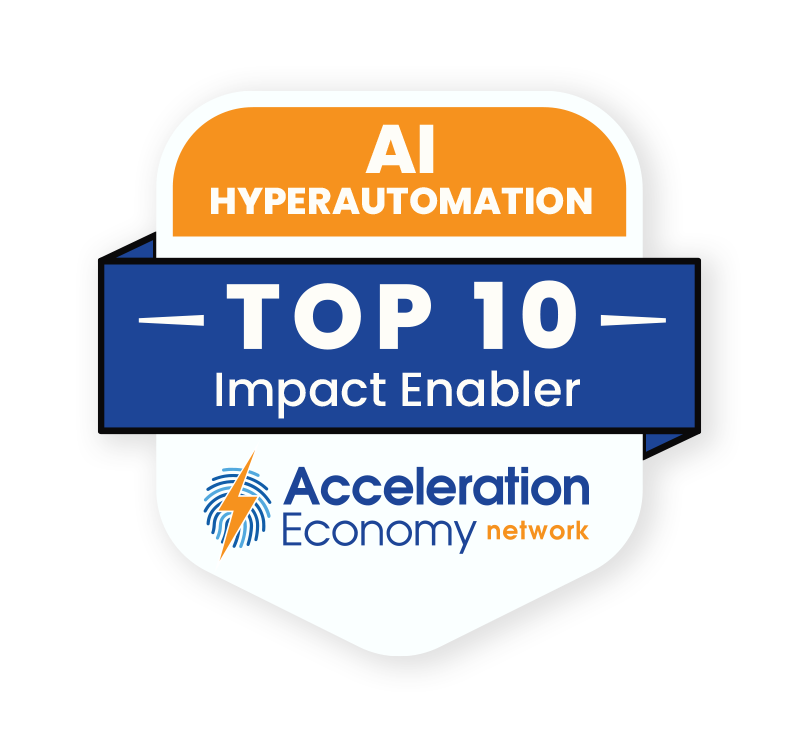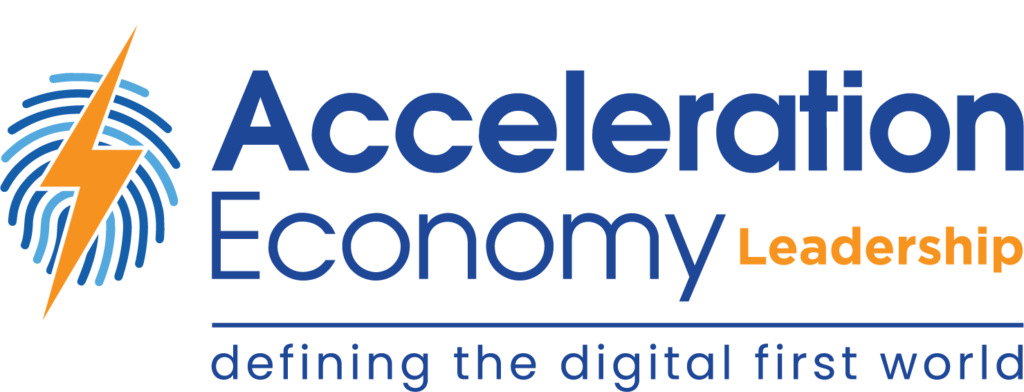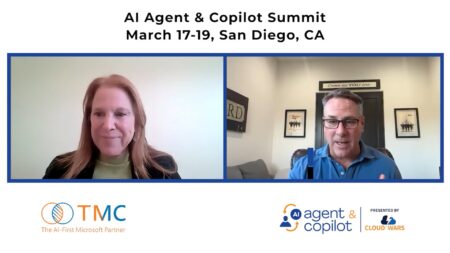With all the talk about ChatGPT of late, there is one conversation I haven’t seen yet, which is “Can or will ChatGPT replace the average channel partners support and consulting services?” Let’s start this discussion with consulting services, as this is the more complex of the two categories in the partners ecosystem.
Sign up here for the Partners Ecosystem Digital Summit on-demand pass to see all of the Partners Ecosystem Innovation interviews that aired on April 20, 2023.
Partners Consulting Services: Humans Vs. Generative AI
The generative AI-powered chatbot tool can certainly augment or complement the services provided by partners consulting services. However, it is not a direct replacement for them, as it lacks certain capabilities that human consultants possess. I believe that ChatGPT can augment, but not replace, the partner in this arena; here are some examples of what I see:
Domain expertise: ChatGPT may have a vast repository of general knowledge, but human consultants often specialize in specific domains or industries, offering deep and contextual expertise. ChatGPT will not have this expertise or knowledge, especially since, so far, it has been trained on data that doesn’t go beyond 2021.
Human judgment: Consultants can use their intuition and experience to make decisions and provide advice, whereas ChatGPT relies solely on patterns and information derived from the text data on which it has been trained. In some instances, this may actually be a plus to the ChatGPT side if emotion is taken away and data is used. However, situational awareness is another instance where the partners consultants would win that business back because they can relate the data to the actual industry or technology situation.
Problem-solving: Consultants can adapt to complex and unique situations, tailoring their approach to the specific needs of each client. ChatGPT can provide information and suggestions, but it generally lacks the ability to deeply understand the context and nuance of each situation, thus impacting its problem-solving abilities.
Relationship-building: Human consultants can establish rapport and build trust with clients, which can be essential for the success of projects as they can ferret out what isn’t being said and how it applies to the project. Being that ChatGPT is an AI model, the tool lacks the ability to establish these relationships.
Real-time communication: Consultants can engage in real-time conversations and adapt their responses based on the flow of conversation. While ChatGPT can respond to user queries, it may not be able to handle complex discussions or understand the full context of a conversation — at least not yet.
Compliance and legal considerations: This one is a split decision. While human consultants are aware of the legal and compliance requirements to which businesses must adhere, they are still human. This means that, at times, they may simply miss something or cut corners. ChatGPT may not have up-to-date information on these matters, and, as an AI model, cannot take responsibility for any legal consequences. However, if fed the most current data for compliance, it would follow the compliance rules every single time.
Ethics and accountability: While human consultants are bound by professional ethics and can be held accountable for their work, they can also bend the rules. ChatGPT, as an AI model, does not possess a sense of ethics or accountability, but is also built to follow the rules, so this one remains up in the air for now as well.
ChatGPT can be a valuable tool to support consultants or technology partners by providing quick access to information, automating certain tasks, or generating ideas. However, it should be considered a complementary tool rather than a replacement.

Which companies are the most important vendors in AI and hyperautomation? Check out the Acceleration Economy AI/Hyperautomation Top 10 Shortlist.
Technology Partners Support Services: Humans Vs. Generative AI
Can ChatGPT be used to effectively enhance or complement technology partners’ support services, such as help desks? While this might be an easier generative AI use case than with partners consulting services, it likely still doesn’t qualify as a complete replacement for human support agents. Even so, there is still some low-hanging fruit for the partner, as it can use ChatGPT to augment its staffing in the following ways:
Handling simple queries: ChatGPT can be effective in addressing common and simple questions or problems, which can help reduce the workload on human support agents.
Response speed: As an AI model, ChatGPT can quickly provide responses and solutions to user queries, improving response times and customer satisfaction and reducing staff time and needs for partners.
Knowledge base: ChatGPT can access a vast repository of general knowledge to assist in answering questions, which can be particularly useful for troubleshooting or providing technical guidance.
As with many technology-assisted solutions, relying on ChatGPT to do everything humans used to do can be a double edge sword, especially with more complex tasks, needs, qualifications, or skillsets, such as:
Complex issues: ChatGPT might struggle to address complex, unique, or context-specific problems that require deep domain expertise or knowledge of specific products, services, or systems.
Empathy and rapport: Human support agents are capable of empathizing with customers and building rapport to create a more personalized support experience. ChatGPT, as an AI model, lacks the ability to exhibit empathy or establish emotional connections.
Real-time adaptation: Human support agents can adapt their communication style and approach based on the customer’s responses or emotional state. ChatGPT might not be able to do this as effectively.
Escalation and judgment: Human support agents can identify when an issue needs to be escalated to a higher level of support or when a unique solution is required. ChatGPT may not always recognize when escalation is necessary.
Despite these limitations, ChatGPT can still be an effective tool for enhancing technology partner support services, particularly for handling routine inquiries or automating certain straightforward tasks, but it should not be considered a complete replacement for human support agents. Instead, it can be used as a complementary tool to improve efficiency and help deliver better support experiences for customers.
Final Thoughts
As a customer, consider pushing your technology services partners to utilize ChatGPT to lower your expenses and provide a faster and better quality of services. As a partner, consider adding ChatGPT to your services mix to not only reduce stress and demands on your staff, but also to potentially provide more billable hours for your entire staff by reducing non-billable hours and offsetting unpaid tasks to this AI tool. As always, regardless of your business model remember — partner first!
Want more tech insights for the top execs? Visit the Leadership channel:








